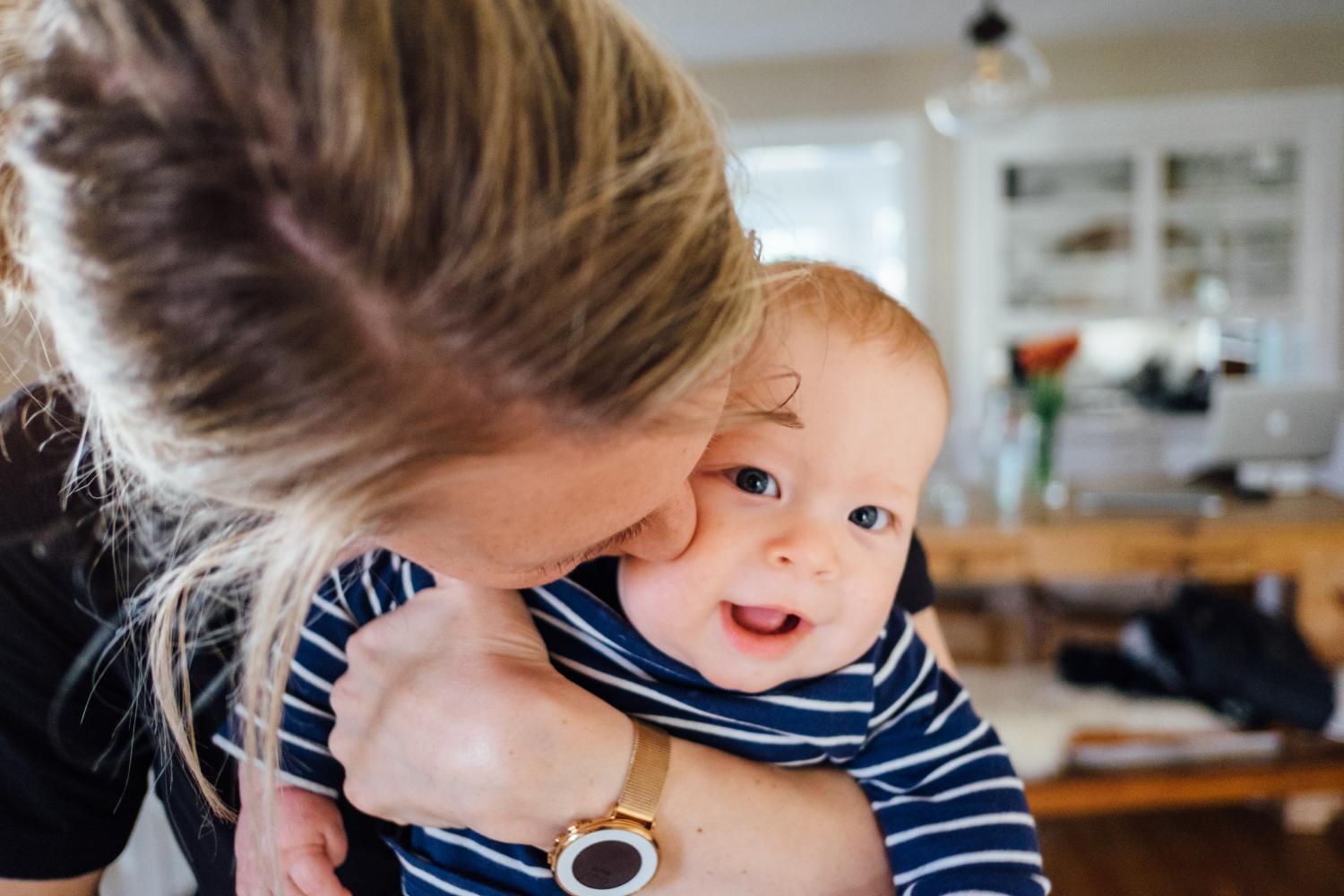About ODDACE
ODDACE is pronounced like "Odyssey"
The Outcomes and Developmental Data Assistance Center for EHDI Programs (ODDACE) was funded by the Centers for Disease Control and Prevention under the Notice of Funding Opportunity #CDC-RFA-DD20-2005, NCBDDD Outcomes and Developmental Data Assistance Center for EHDI (ODDACE) Programs from September 1, 2020, to August 31, 2024. The purpose of this center was to expand public health capacity to gather, analyze, and use intervention and developmental outcome data of children who are deaf or hard of hearing between birth and 6 years of age throughout the United States. The center aimed to increase our understanding of factors that impact the outcomes of children who are deaf or hard of hearing at the state and national level.
The ODDACE assessment offers the following benefits:
- Includes parent input in the assessment process
- Measures children’s skills and abilities across a variety of developmental areas
- Allows parents and interventionists to monitor a child's progress over time and identify potential delays at their onset. Reports of each child's individual results are sent to the interventionist and family for this purpose.
- Compares language abilities of individual children to hearing peers since assessments are standardized and norm-referenced
- Provides a data-driven approach to making educational programming decisions
- Assists in the generation of IFSP/IEP goals
- Provides statewide and program-specific accountability data on an annual basis
- Allows programs to compare the results of their children to national averages
- Allows programs to examine outcomes across different subgroups of children
- Informs professional personnel preparation needs
- Provides opportunities for networking with program directors and EHDI personnel in other states
- Gives states an opportunity to contribute to a national database which will allow us to characterize the language strengths and challenges of children with hearing loss and identify factors that are predictive of more successful language outcomes


